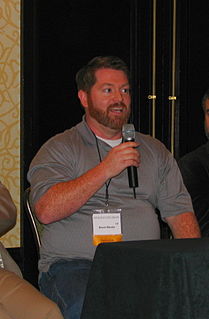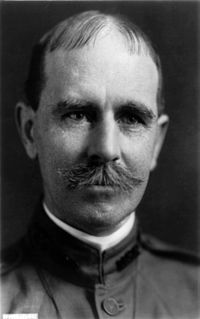A Quote by Arthur Conan Doyle
I am not the law, but I represent justice so far as my feeble powers go.
Related Quotes
The law is equal before all of us; but we are not all equal before the law. Virtually there is one law for the rich and another for the poor, one law for the cunning and another for the simple, one law for the forceful and another for the feeble, one law for the ignorant and another for the learned, one law for the brave and another for the timid, and within family limits one law for the parent and no law at all for the child.
Lawyers have their duties as citizens, but they also have special duties as lawyers. Their obligations go far deeper than earning a living as specialists in corporation or tax law. They have a continuing responsibility to uphold the fundamental principles of justice from which the law cannot depart.
Law is justice. And it is under the law of justice - under the reign of right; under the influence of liberty, safety, stability, and responsibility - that every person will attain his real worth and the true dignity of his being. It is only under this law of justice that mankind will achieve - slowly, no doubt, but certainly - God's design for the orderly and peaceful progress of humanity.
"I am Sa’kagé a lord of shadows. I claim the shadows that the Shadow may not." [...] "I am the strong arm of deliverance. I am Shadowstrider. I am the Scales of Justice. I am He-Who-Guards-Unseen. I am Shadowslayer. I am Nameless." [...]
"The coranti shall not go unpunished." [...]
"My way is hard but I serve unbroken. In ignobility, nobility. In shame, honor. In darkness, light. I will do justice and love mercy."
'By Any Means' follows a team of behind-the-scenes crime-prevention team - not police. They basically go to the areas of crime where the police can't touch and organised crime fighting units can't go to - in the public eye - to bring about real justice, treading the line between 'true' justice and what the law says is justice.
Law and justice are from time to time inevitably in conflict ... . The jury ... adjusts the general rule of law to the justice to the particular case. Thus the odium of inflexible rules of law is avoided, and popular satisfaction is preserved ... That is what jury trial does. It supplies that flexibility of legal rules which is essential to justice and popular contentment.






































